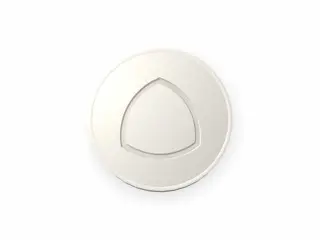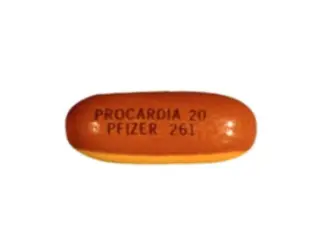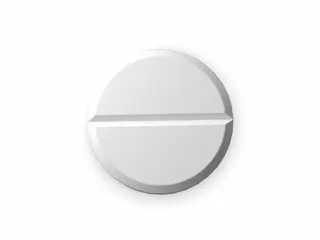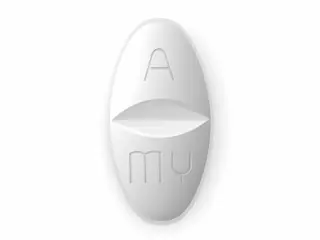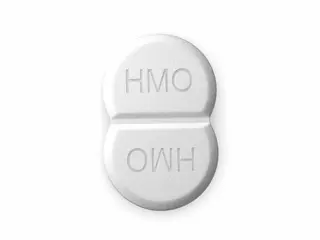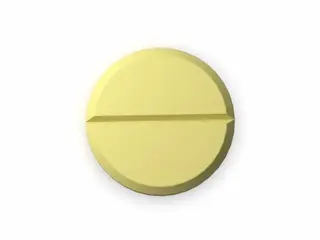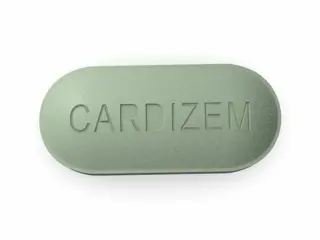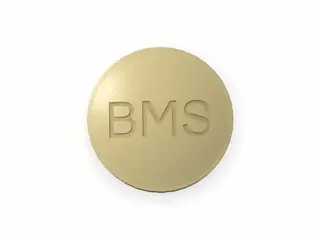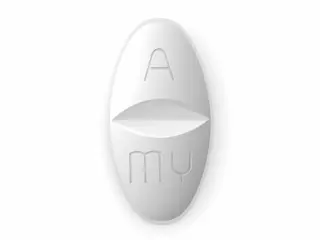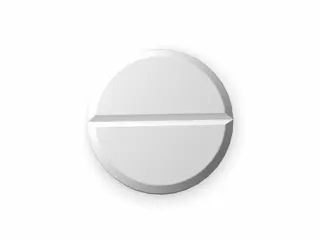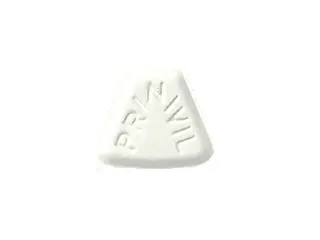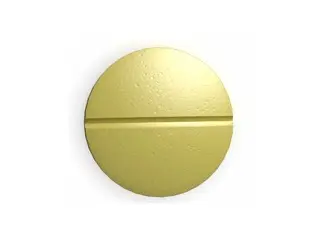Blood Pressure

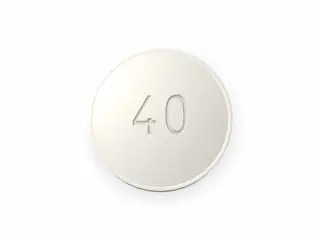


Find reliable and effective blood pressure medications and supplements to help you maintain healthy levels. Explore a wide range of trusted brands designed to support cardiovascular health and wellness. Shop now for fast relief and better control.
Managing blood pressure is crucial for maintaining cardiovascular health. High blood pressure, or hypertension, increases the risk of heart disease, stroke, and kidney problems. Many medications are available to help control blood pressure effectively. Below is a review of some popular medications in the blood pressure category found in online pharmacies.
Aceon (Perindopril) belongs to ACE inhibitors. It helps relax blood vessels and reduces blood pressure. Aceon is commonly prescribed for hypertension and heart failure. It is well-tolerated, though common side effects include cough and dizziness.
Adalat (Nifedipine) is a calcium channel blocker. It works by relaxing the muscles of the heart and blood vessels. Adalat is often used to treat high blood pressure and angina. It comes in immediate and extended-release forms for flexible dosing.
Aldactone (Spironolactone) is a diuretic and potassium-sparing agent. It reduces fluid build-up and lowers blood pressure by increasing urine output. Aldactone is especially useful in patients with heart failure or resistant hypertension. Monitoring potassium levels is essential during treatment.
Altace (Ramipril) is another ACE inhibitor widely used for hypertension and heart failure prevention. It helps lower blood pressure and protects kidney function. Patients often report mild side effects such as cough or headache.
Avapro (Irbesartan) belongs to angiotensin II receptor blockers (ARBs). It blocks the effects of angiotensin, a hormone that tightens blood vessels. Avapro helps lower blood pressure effectively and is often prescribed for diabetic nephropathy. It is generally well-tolerated.
Beloc (Metoprolol) is a beta-blocker. It reduces heart rate and cardiac output, leading to lower blood pressure. Beloc is widely used for hypertension, angina, and heart rhythm disorders. It must be used carefully in patients with asthma or diabetes.
Benicar (Olmesartan) is an ARB that helps dilate blood vessels. It is used primarily for hypertension. Benicar is known for its once-daily dosing and good side effect profile. Some patients may experience dizziness or gastrointestinal symptoms.
Calan (Verapamil) and Calan SR are calcium channel blockers. They reduce heart rate and relax blood vessels. Calan is useful in treating high blood pressure and certain types of arrhythmias. The SR version provides once-daily dosing for convenience.
Cardizem (Diltiazem) and Cartia XT are also calcium channel blockers. They lower blood pressure and control heart rate. These drugs are appropriate for hypertension and angina. Side effects may include swelling and headaches.
Catapres (Clonidine) is a central alpha agonist. It lowers blood pressure by reducing nerve signals that tighten blood vessels. Catapres is potent but can cause sedation and dry mouth. It is often used when other medications are insufficient.
Clonidine in general is effective but requires careful dose adjustment. Abrupt stopping may cause rebound hypertension.
Combipres combines two blood pressure medications for enhanced effect. Combining agents helps control resistant hypertension more effectively. However, side effects may increase due to multiple drugs.
Coreg (Carvedilol) is a beta-blocker with additional alpha-blocking properties. It lowers blood pressure and improves heart function. Coreg is often used in heart failure and after heart attacks. Patients may experience fatigue or dizziness initially.
Coversyl (Perindopril) is an ACE inhibitor similar to Aceon. It aids in relaxing blood vessels and reducing pressure. Coversyl supports kidney protection, especially in diabetes.
Cozaar (Losartan) is a popular ARB. It lowers blood pressure by blocking angiotensin receptors. Cozaar is effective and well-tolerated, often prescribed for hypertension and kidney protection in diabetic patients.
Diltiazem appears alone as well, confirming its role in blood pressure and arrhythmia management. Its use requires monitoring for heart rate and blood pressure response.
Esidrix (Hydrochlorothiazide) is a thiazide diuretic. It works by reducing excess fluid and sodium. Esidrix is often first-line for mild to moderate hypertension. Regular monitoring of electrolytes is recommended.
Frumil is a combination diuretic, containing furosemide and spironolactone. It helps reduce swelling and lower blood pressure. It is potent and used mainly in patients with heart failure or severe hypertension.
Hytrin (Terazosin) is an alpha-blocker. It relaxes blood vessels and improves blood flow. Hytrin also helps with urinary symptoms in prostate enlargement. Side effects include dizziness and fatigue.
Hyzaar is a combination of losartan and hydrochlorothiazide. This dual approach improves blood pressure control by blocking angiotensin and reducing fluid retention. Hyzaar is effective for patients not controlled by single agents.
Inderal (Propranolol) and Inderal LA are beta-blockers. They reduce heart rate and output, lowering blood pressure. Inderal is also used for migraine prevention and arrhythmias.
Isoptin and Isoptin SR contain verapamil, providing immediate and sustained release options. These are valuable for controlling hypertension and angina.
Lasix (Furosemide) is a loop diuretic. It is very effective for fluid retention and severe hypertension. Careful electrolyte monitoring is needed during treatment.
Lisinopril is a commonly prescribed ACE inhibitor. It reduces blood pressure and also protects the kidneys. It is usually well tolerated but may cause cough.
Lopressor (Metoprolol) is a beta-blocker similar to Beloc. It reduces heart workload and blood pressure. Lopressor is widely used in hypertension and heart disease.
Lozol (Indapamide) is a thiazide-like diuretic. It helps reduce blood pressure by removing excess sodium and water. Lozol has a longer duration than some thiazides.
Micardis (Telmisartan) is an ARB with long action. It lowers blood pressure and offers cardiovascular protection. Micardis is well tolerated and preferred for once-daily dosing.
Microzide (Hydrochlorothiazide) is a staple diuretic. It is commonly used alone or in combination to reduce blood pressure. Monitoring hydration and electrolytes is important.
Minipress (Prazosin) is an alpha-blocker. It dilates blood vessels and lowers blood pressure. Minipress may cause dizziness when standing up quickly.
Norvasc (Amlodipine) is a calcium channel blocker widely used for hypertension. It relaxes blood vessels and improves blood flow. Norvasc has a prolonged effect and is mild on heart rate.
Prinivil (Lisinopril) is interchangeable with lisinopril generics. It effectively lowers blood pressure and is widely prescribed.
Procardia (Nifedipine) is useful for rapid blood pressure reduction. It is a calcium channel blocker often used in variant angina and hypertension.
Tenormin (Atenolol) is a beta-blocker that slows the heart rate. It reduces blood pressure and prevents angina attacks. Tenormin is often a preferred choice for patients with heart disease.
Toprol (Metoprolol) and Toprol XL are extended release beta-blockers. They improve blood pressure control with once-daily dosing.
Trandate (Labetalol) combines alpha and beta-blocking effects. It is valuable in hypertensive emergencies and chronic hypertension treatment.
Tritace (Ramipril) is similar to Altace. It is an ACE inhibitor that lowers blood pressure and protects the heart and kidneys.
Vasotec (Enalapril) is an ACE inhibitor. It lowers blood pressure and protects against heart failure and kidney disease. Enalapril requires dosage adjustment in kidney impairment.
Verampil (Verapamil) is useful for blood pressure and some arrhythmias. It relaxes arteries and slows the heart.
Zebeta (Bisoprolol) is a beta-blocker with selective action. It is suitable for hypertension and heart failure, with a better side effect profile on lungs.
Zestoretic combines lisinopril and hydrochlorothiazide. This combination effectively lowers blood pressure by targeting different mechanisms.
Zestril (Lisinopril) is widely used as a blood pressure medication. It controls hypertension and improves outcomes in heart failure.
Choosing the right medication depends on individual patient needs, side effects, and other health conditions. Diuretics, ACE inhibitors, ARBs, beta-blockers, and calcium channel blockers form the backbone of hypertension management. Often, doctors prescribe combinations to achieve better control. Patients must follow dosing instructions and report side effects promptly.
Regular monitoring and lifestyle changes complement medication therapy in managing blood pressure. Most of these medications are proven safe and effective when used correctly. Consult your healthcare provider for personalized treatment plans.
